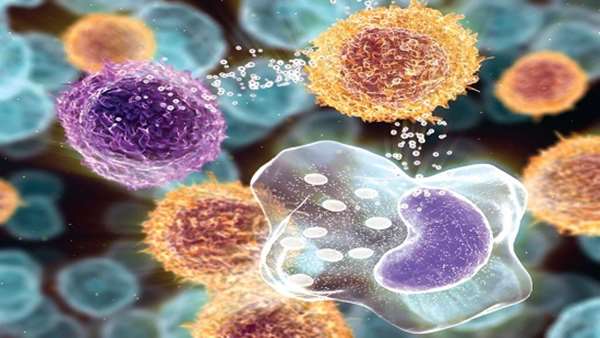Cellular Immunotherapy for Septic Shock (CISS): A Phase I Clinical Trial
In septic animal models mesenchymal stem (stromal) cells (MSCs) modulate inflammation, enhance tissue repair and pathogen clearance, and reduce death.
In septic animal models mesenchymal stem (stromal) cells (MSCs) modulate inflammation, enhance tissue repair and pathogen clearance, and reduce death.
We conducted a Phase I dose escalation trial of MSCs in septic shock with the primary objective to examine the safety and tolerability of MSCs.
We enrolled nine participants within 24 hours of admission to the intensive care unit. A control cohort of 21 participants were enrolled before starting the MSC interventional cohort to characterize expected adverse events (AEs) and to serve as a comparator for the intervention cohort. Three separate MSC dose cohorts, with 3 participants per cohort received a single intravenous dose of 0.3, 1.0 and 3.0 x 106 cells/kilogram. A pre-specified safety plan monitored participants for the occurrence of adverse events; cytokines were collected at pre-specified time points.
Ages of participants in the interventional versus observational cohorts were: median 71 (range: 38-91) and 61 (range: 23-95); acute physiology and chronic health scores were: median 25 (range: 11 to 28) and 26 (range: 17 to 32). MSC doses ranged from 19 to 250 million cells. There were no pre-specified MSC infusion associated or serious unexpected AEs, nor any safety or efficacy signals for the expected AEs or the measured cytokines between the interventional as compared to the observational cohorts.
The infusion of freshly cultured allogenic bone marrow derived MSCs into participants with septic shock up to a dose of 3 million cells per kg (250 million cells) appears safe.
Reference: http://www.atsjournals.org/doi/10.1164/rccm.201705-1006OC





ارسال به دوستان